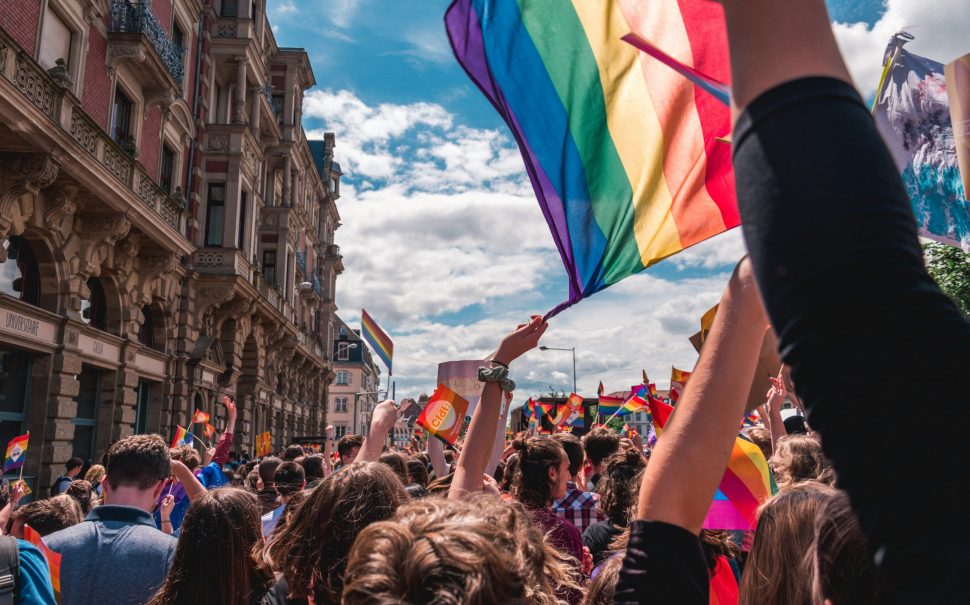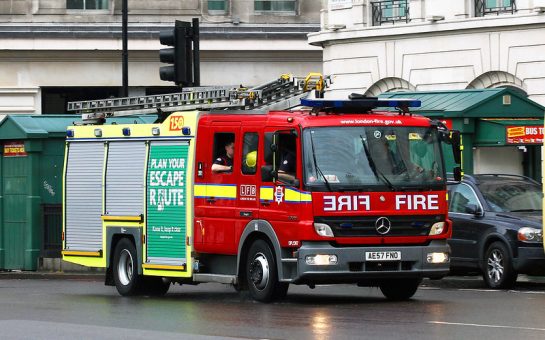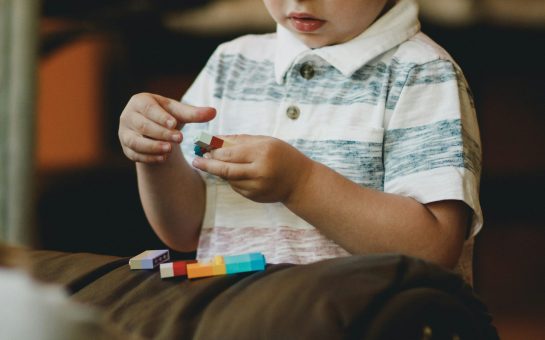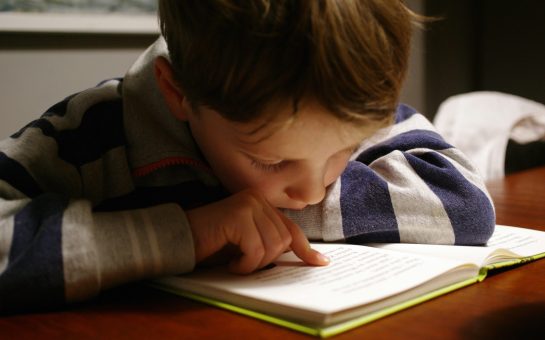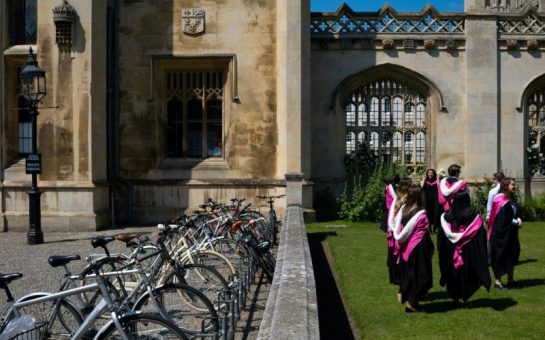Pride festivals are due to commence in the following weeks, with major cities like London, Bristol, Brighton and Manchester preparing for theirs.
Several participants have taken this opportunity to reflect on what has been long considered a celebration of the LGBTQ+ community, as well as a protest, but also how its evolution has left some members feeling isolated.
Pride Cymru: The first Welsh gay pride event
Rob, who goes by the stage name Dr Beverly Ball-Crusher, reflected on his time performing drag as well as his favourite city prides.
He said: “I think every pride that I go to offers something special.
“Cardiff is very much a big city pride, there’s the commercial aspect, political aspect and family aspect, so that’s very big and loud, similar to the sort of Brighton, Manchester, London feels.”
But it didn’t always start out as big, as shown in ITVX’s documentary Proud, which took a look at Cardiff’s first gay pride march in 1985 when it led by a group of students.
Pride Cymru was set up by Cardiff university students Tim Foskett and Francis Brown, and was set to be a controversial event as, at the time, even the larger events in London were met with homophobia and intense controversy.
Speaking in the documentary, Brown said: “This was Cardiff, not London or New York or San Francisco, and there had been nothing like this before.
“I had friends who went to the march in London in the late ’70s who had stones and bricks thrown at them.
“If you want to change things you have to be prepared to put your head above the parapet and take a risk.”
Pride is a protest
It’s easy to think of Pride as a celebration, although some forget it started out as, and remains today, a protest.
The 1969 Stonewall riots at the Stonewall Inn in New York would become known as the catalyst which helped fight for gay rights across the world.
Andrew Fane, 54, has been attending Pride parades for 30 years, and reflected on its beginnings.
He said: “It is a celebration, but the core roots of Pride did start as a protest in the early days.
“Ultimatley, Pride is a protest, which I’ve always struggled with because I don’t really like protests.
“I can understand why that can potentially isolate people sometimes.
“Protesting for people’s rights, and it still does that today, it challenges the ability for people to be their unique individual self.”
One of Rob’s favourite Pride events is Doncaster, for this very reason.
He said: “Doncaster Pride, I’ve been performing at and visiting for about eight years now.
“It’s like a giant gay village fete, it’s got its stages, so it’s delivering the names and the acts that you want to see for the party festival atmosphere.
“But very much at its heart and very much at its core is about progressing LGBTQ rights.
“So the people who were there, the political stalls and the speakers, they’re able to listen to the community.”
Bringing it back to the community
A common criticism from some of the conversations was that big-city Pride events are missing the intimate, community nature the smaller ones tend to bring.
Rob reflected on how the Pride parade in Oban, Scotland, gives that vibe to him.
He said: “It’s just magical.
“Hundereds of people walk down the street with banners, every other shop and every other restaurant along the seafront there has rainbow flags and special offers for visitors.
“The smaller more intimate prides have just as much to offer and sometimes mean so much more to the locals that the bigger name London, Manchester, Brighton Prides.”
Fane had a similar sentiment, reflecting on the community Prides offering something different.
He said: “When they’re a little more localised, they sort of bring people together a little more.
“I think some of the more local community-driven events, it helps people to understand the challenges facing some of the gay community, whereas en masse, I think it gets lost in the party vibe.”
Intersectionality and isolation
According to an anonymous Pride-goer, the bigger pride events can, at times, feel exclusionary to the black community.
They said: “I feel like it’s dominated by white gay men.
“It can be quite exclusionary for a black person, or trans, or non-binary, or any person of colour.
“I’ve always felt like they are having to code switch around me, or I have to act a certain way, so it can be hard to relate to.”
They were apprehensive about whether they would be attending a Pride festival this year, but are eager to try and give it a go.
They said: “As attitudes towards queer people are changing due to the current political landscape, I know there are a lot of organisations, big ones, that’ll get funding.
“That adds to my discomfort because I genuinely think we’re not going to be heard as well.”
UK Black Pride, which was founded in 2006, recognises black LGBTQ+ individuals may face a unique experience.
Pride London were contacted for comment.
Featured image by: Margaux Bellott on Unsplash
